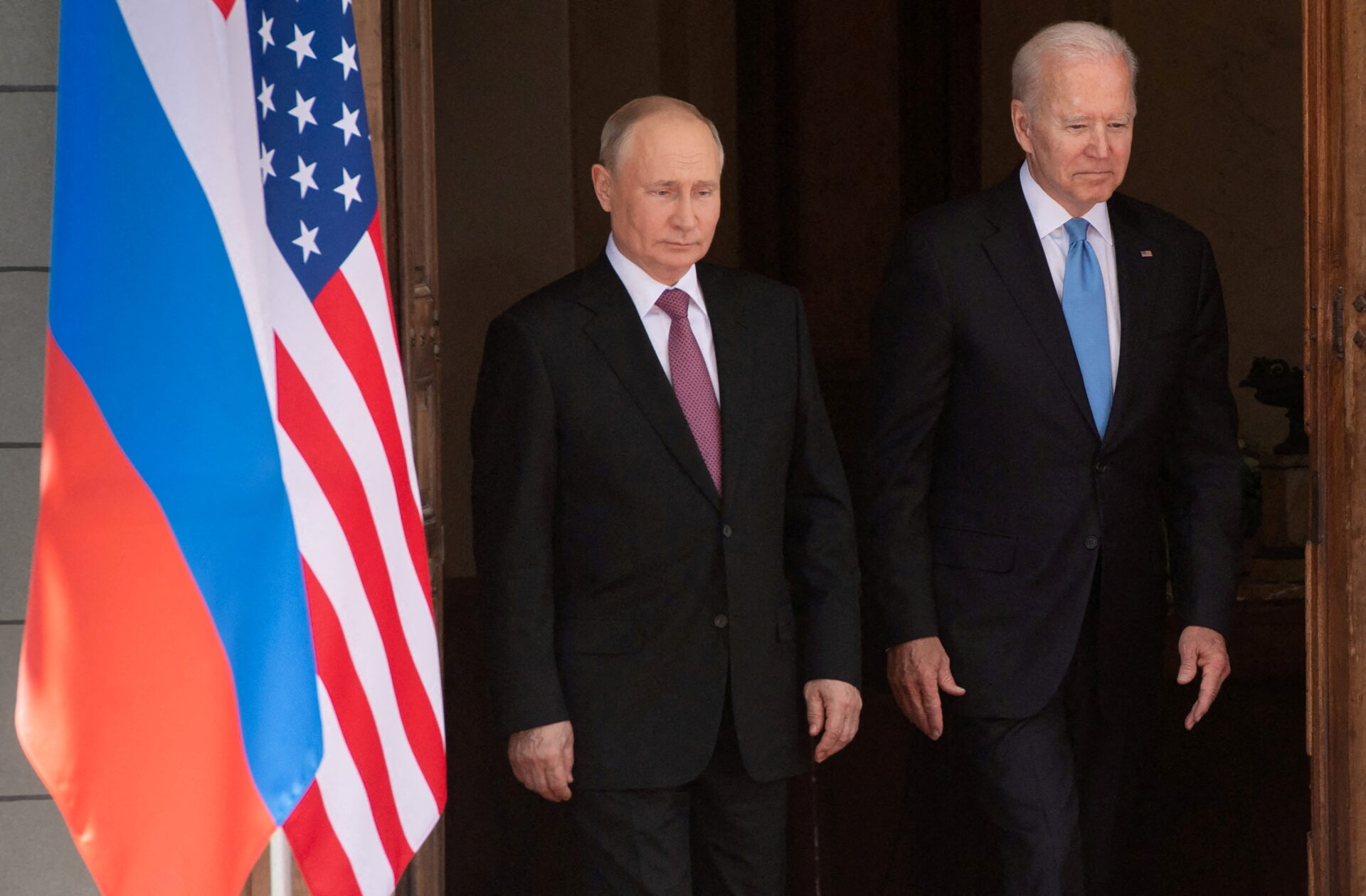Biden’s War on American Energy a Gift to Re-Elected Putin
In no surprise, Vladimir Putin was ‘re-elected’ president of Russia this month in a landslide victory. Putin embarks on a new six-year term facing no real internal competition to his power. The war in Ukraine has proved a battle of attrition, but as Reuters reports, “Putin is winning” that war. Though his people are suffering economically, it does not seem that Putin will change course, but that could change should the West ‘squeeze’ Russia’s oil revenue—a task proving difficult due to our own domestic policies.
Western sanctions on advanced technology have hurt Russia’s labor productivity and investment in its economy—disrupting the nation’s mid-term economic prospects. However, Putin has been able to sustain his costly invasion because Russia still earns a considerable amount from hydrocarbons. Jacob Nell, a senior research fellow at the Kyiv School of Economics, argues that Ukraine’s allies could drive Russia’s exports into a deficit by addressing certain sectors, namely energy.
For example, India is the largest importer of Russian seaborne energy. While price caps have been tried, the tactic has been relatively unsuccessful so far. Instead, the U.S. must rethink its domestic policies in order to facilitate more oil and gas exports across the globe. Recently, the Biden administration announced a moratorium on LNG export permits, putting a pause on near to medium term prospects of sending more American energy to our allies. Countries such as India continue to burn coal and biomass as primary forms of fuel, but if the U.S. were to offer oil and natural gas at competitive prices, it would lower India’s emissions while alleviating their need to rely heavily on Russia.
The Biden administration must wield our domestic energy sector as a tool for combatting Putin. The ban on LNG export permits was likely a political move in an election year, but its consequences will be felt for years to come.


